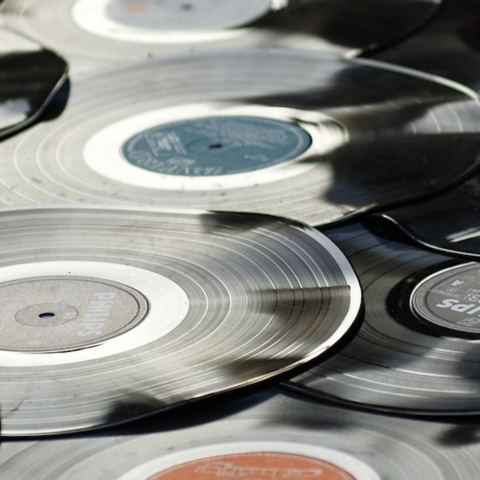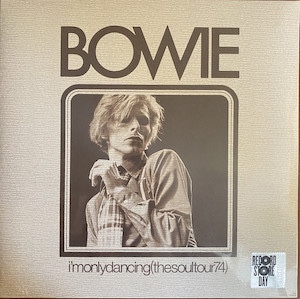Beyond the Horizon: The Legacy of British Pirate Radio
By Camille Delasalle
Ah, the 1960s… The Beatles stole hearts, miniskirts turned heads, and somewhere off the British coast, intrepid adventurers were redefining the airwaves with a mix of wild rock and unbridled freedom. Welcome to the world of pirate radio, where every note was a lifeline and every show, an escape to a world without constraints. Embark on an adventure with the pirates of the airwaves in Beyond the Horizon: The Legacy of British Pirate Radio

Picture this: old ships, flying pirate flags, anchored in international waters. Onboard, young passionate DJs surrounded by vinyl records and makeshift broadcasting equipment, ready to defy the all-powerful BBC. A pirate radio station is like the rebel of the airwaves. It broadcasts without permission, boldly defying the rules. During the heyday of pop culture, these stations were the stars of radio.
What is pirate radio and why did it have such an impact? It generally involves associative radios that are both subversive and commercial offshore, challenging the state monopoly on broadcasting and transmitting from international waters, thereby theoretically evading existing regulations.
Radio Caroline, the queen of pirate stations, set sail in 1964. Its secret weapons? The Rolling Stones, the Kinks, and that freewheeling spirit that made listeners from London to Liverpool swoon.

Pirate radio stations weren’t just broadcasters; they were floating epics. These DJs braved storms and the monotony of coast guard patrols, all to provide British youth with a revolutionary soundtrack. Think of them as modern-day corsairs, but instead of hunting for treasure, they were chasing Top 40 hits.
How did pirate radio stations influence pop music? By broadcasting banned tracks and providing a platform for emerging artists, they shaped the musical tastes of an entire generation.
What were the technical challenges faced by pirate radio stations? These stations used makeshift equipment and powerful transmitters often bought from the military.
The British government wasn’t exactly amused by these illegal broadcasts. In 1967, the Marine Broadcasting Offences Act came into play, trying to sink these air pirates. But our heroes didn’t give up! While some ships docked, others anchored in garages, basements, and apartments, continuing the fight with land-based broadcasts.
But who were these brave souls behind the microphones? Johnnie Walker, Tony Blackburn, and many more. These now-legendary names were the voices that made the nation’s heart beat. Their shows were a breath of fresh air, an invitation to dance, to dream, and above all, to believe in a world where music knew no bounds.

Transitioning into the 1970s, pirate radio evolved from offshore platforms to urban areas, often using homemade transmitters hidden in biscuit tins to evade authorities. This era saw the rise of community-focused stations like Radio Free London and genre-specific stations such as Radio Invicta, Europe’s first soul music station.
Between 1969 and May 1981, France witnessed a movement akin to British pirate radio. It was called “Radio Libre”. The spirit of pirate radio manifested differently, often centered around political dissent and cultural expression. Stations like Radio Libertaire and Radio Caroline France aimed to challenge traditional media and offer alternative programming that resonated with the French youth during the same period.
With François Mitterrand’s presidency, “radio libre” stations were legalized and regulated under new legislation. This pivotal moment allowed stations like Radio Nova and Radio Campus to thrive while adhering to new broadcasting standards. Today, the legacy of French “radio libre” endures, marking a period where freedom of expression and cultural diversity reshaped the French media landscape.

In the 1980s, before more licenses were issued, stations like Kiss FM broadcasted illegally from makeshift studios in council estates and were constantly raided. This little-known history enriches the period.
The 1980s marked a technological leap with the advent of FM transmitters, enabling stations like Dread Broadcasting Corporation (DBC) to emerge as pioneering voices for black music in London. The decade also saw a proliferation of soul, hip hop, and dance music stations, shaping the cultural landscape and challenging mainstream radio dominance.

Today, pirate radio stations are part of the folklore of British broadcasting. They paved the way for stations like BBC Radio 1, which launched in 1967 to meet the insatiable demand for pop music. Their legacy? A freedom of programming that still echoes in today’s playlists.
Did You Know?
– Pirate radio DJs sometimes had to fish for their dinner to pass the time!
– Many pirate stations used powerful transmitters bought from the military for their broadcasts.
– Radio Caroline saw several incarnations, and despite numerous shutdown attempts, it still broadcasts today… legally.
If you enjoyed reading Beyond the Horizon: The Legacy of British Pirate Radio, why not try Linear – The Radio Times Journey
.Cent London Be Inspired; Get Involved



